Table of Contents
- 1. Introduction
- 2. Understanding 30 Amp Power
- 3. Charging Mechanism
- How Camper Batteries Charge When Plugged into 30 Amp
- Role of Converters and Inverters
- Importance of a Functioning Battery Disconnect Switch
- 4. Factors Affecting Charging Efficiency
- 5. Troubleshooting Charging Issues
- 6. Alternatives and Enhancements
- 7. Conclusion
1. Introduction
In the world of recreational vehicles (RVs) and campers, understanding how to efficiently manage and charge your battery is crucial for a seamless travel experience. The camper battery serves as the heart of your RV's electrical system, powering everything from lights to appliances. Therefore, knowing how to charge it effectively, especially when using a 30 amp power source, is essential. This paper aims to provide a comprehensive guide on charging camper batteries using 30 amp power, exploring the mechanisms involved, factors affecting efficiency, and potential troubleshooting methods.

2. Understanding 30 Amp Power
Definition and Characteristics of 30 Amp Service
A 30 amp power service is a common electrical hookup for many RVs and campers. It provides a single 120-volt hot wire, a neutral wire, and a ground wire, delivering a total of 3,600 watts of power. This setup is sufficient for most mid-sized RVs, allowing for the operation of essential appliances and systems without overloading the electrical circuit.
Comparison with Other Power Sources
When compared to other power sources, such as 15 amp and 50 amp services, the 30 amp service strikes a balance between power availability and compatibility. A 15 amp service, typically found in household outlets, provides only 1,800 watts, which may not be sufficient for larger RVs. On the other hand, a 50 amp service offers up to 12,000 watts, suitable for larger RVs with more demanding electrical needs. Understanding these differences helps RV owners choose the appropriate power source for their specific requirements.
3. Charging Mechanism
How Camper Batteries Charge When Plugged into 30 Amp
When a camper is plugged into a 30 amp shore power source, the onboard converter plays a crucial role in charging the battery. The converter transforms the 120-volt AC power from the shore connection into 12-volt DC power, which is used to charge the camper's battery. This process ensures that the battery is replenished while the camper is connected to an external power source.
Role of Converters and Inverters
Converters and inverters are integral components of an RV's electrical system. While the converter charges the battery by converting AC to DC power, the inverter performs the opposite function, converting DC power from the battery into AC power to run household appliances. A well-functioning converter is essential for efficient battery charging, and any malfunction can lead to inadequate charging or battery drain.
Importance of a Functioning Battery Disconnect Switch
The battery disconnect switch is another critical component in the charging process. It allows the user to disconnect the battery from the RV's electrical system when not in use, preventing unnecessary battery drain. Ensuring that this switch is in the correct position when charging is vital for maintaining battery health and efficiency.
4. Factors Affecting Charging Efficiency
Quality of the Converter
The efficiency of the charging process largely depends on the quality of the converter. High-quality converters provide a stable and consistent charge, while lower-quality models may result in fluctuating power levels, leading to incomplete charging or battery damage over time.
Battery Type and Condition
Different types of batteries, such as lead-acid, AGM, and lithium-ion, have varying charging requirements and efficiencies. Additionally, the condition of the battery—whether it's new, old, or damaged—can significantly impact how well it charges. Regular maintenance and timely replacement of batteries are crucial for optimal performance.
External Factors
External factors such as temperature and usage patterns also affect charging efficiency. Extreme temperatures can reduce battery performance, while high usage during charging can slow down the process. It's important to consider these factors and adjust charging practices accordingly.
5. Troubleshooting Charging Issues
Common Problems and Solutions
Several common issues can arise during the charging process, including:
-
Converter Malfunction: If the converter is not functioning properly, it may not convert AC to DC power efficiently. Checking the converter for faults and replacing it if necessary can resolve this issue.
-
Battery Drain: If the battery is not holding a charge, it may be due to a parasitic drain or a faulty battery. Identifying and eliminating unnecessary power draws and testing the battery can help.
-
Poor Connections: Loose or corroded connections can impede the charging process. Regularly inspecting and cleaning connections can prevent this problem.
Maintenance Tips for Optimal Charging
To ensure efficient charging, regular maintenance is essential. This includes checking the converter and battery for signs of wear, ensuring all connections are secure, and keeping the battery clean and free from corrosion. Additionally, using a multimeter to monitor voltage levels can help detect potential issues early.
6. Alternatives and Enhancements
Use of Smart Chargers
Smart chargers offer an advanced solution for maintaining battery health. These devices automatically adjust the charging rate based on the battery's condition, preventing overcharging and extending battery life. Investing in a smart charger can enhance the efficiency and longevity of your camper battery.
Integration with Solar Power Systems
Integrating solar power systems with your camper's electrical setup can provide an additional charging source, reducing reliance on shore power. Solar panels can charge the battery during the day, allowing for more sustainable and cost-effective energy management. This setup is particularly beneficial for off-grid camping.
7. Conclusion
In conclusion, understanding how to charge a camper battery using a 30 amp power source is crucial for maintaining the functionality and longevity of your RV's electrical system. By familiarizing yourself with the charging mechanisms, factors affecting efficiency, and potential troubleshooting methods, you can ensure a reliable power supply for your travels. Additionally, exploring alternatives such as smart chargers and solar power integration can further enhance your camper's energy management, providing a more sustainable and efficient camping experience. Maintaining your camper battery's health through regular maintenance and smart charging practices will ensure that your adventures are powered smoothly and efficiently.




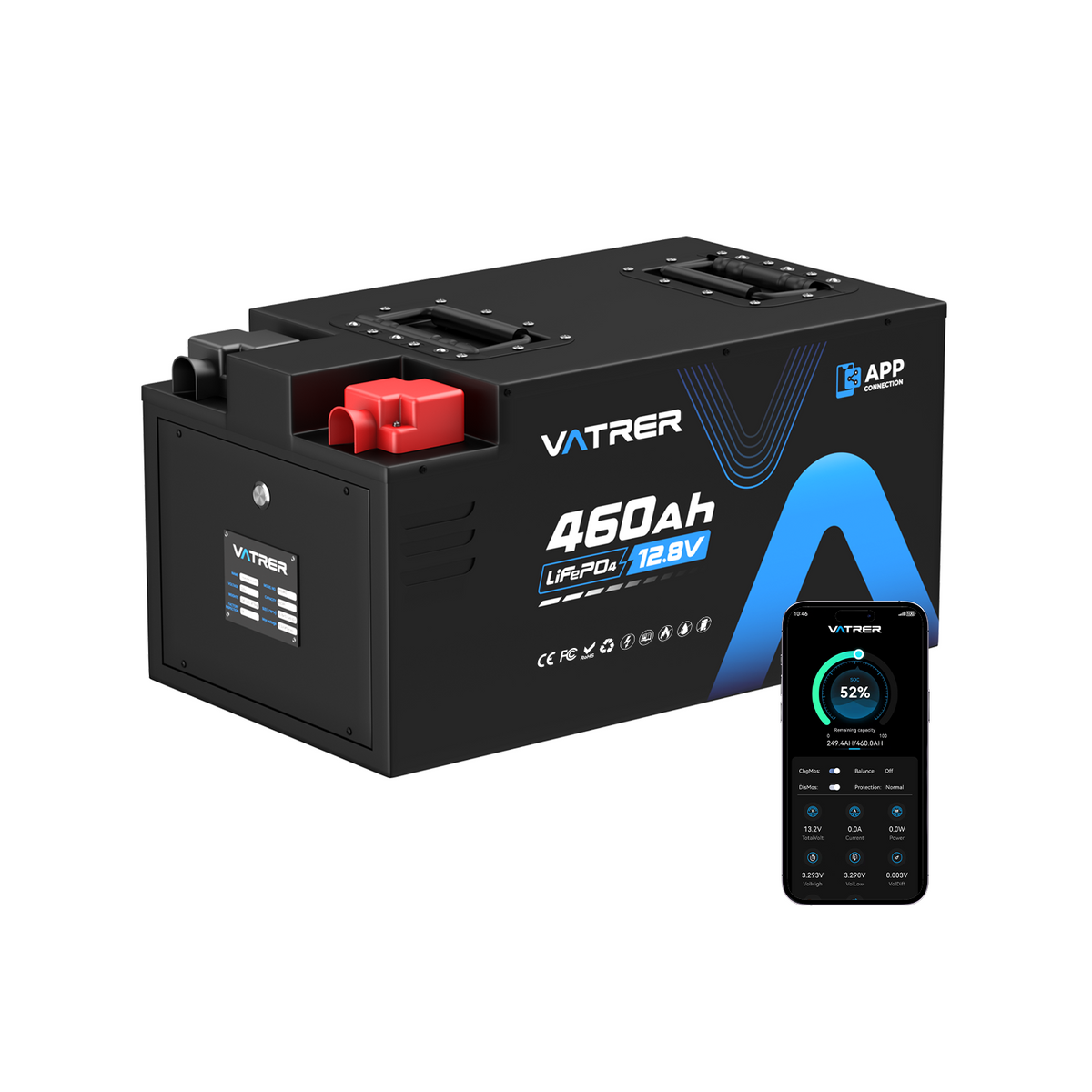
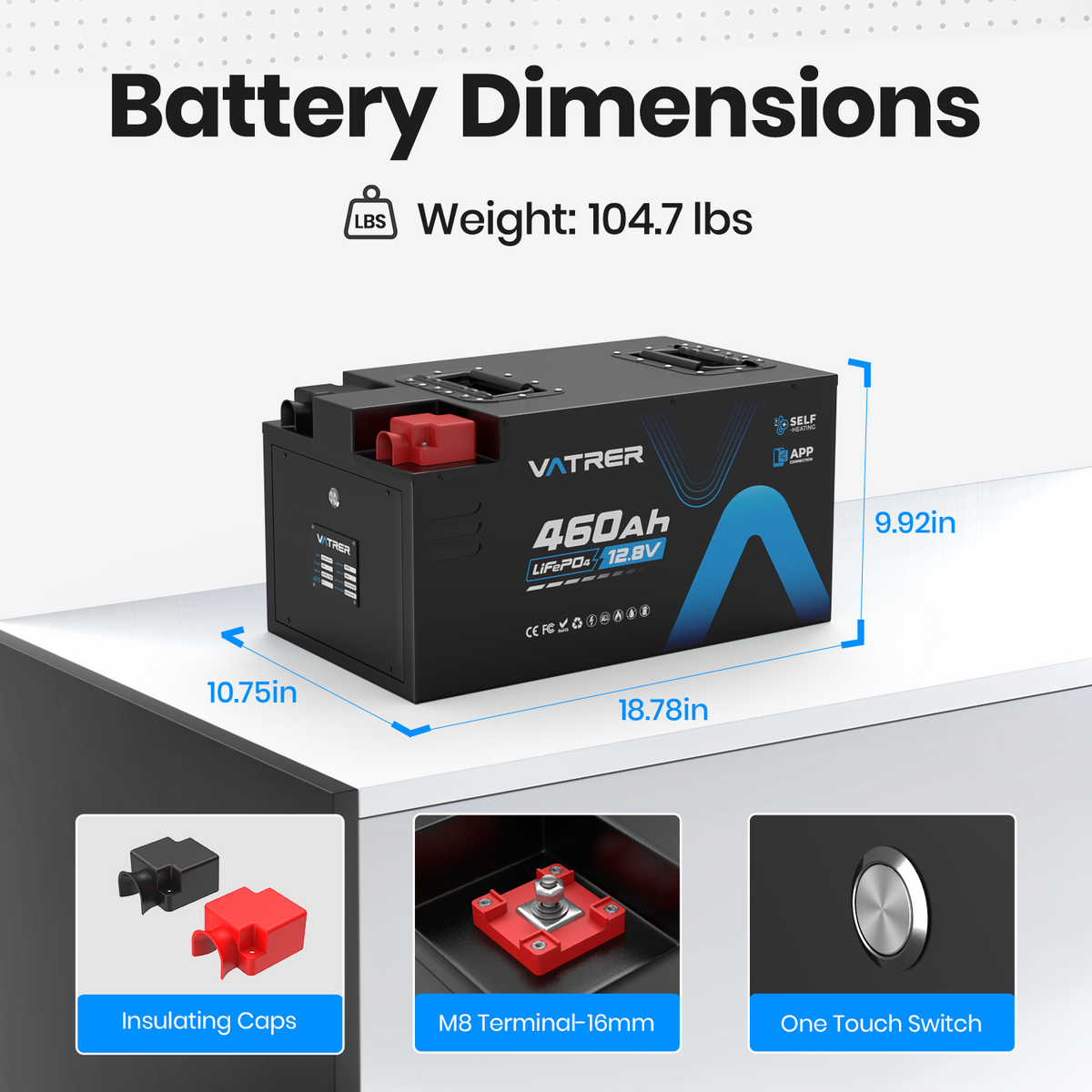
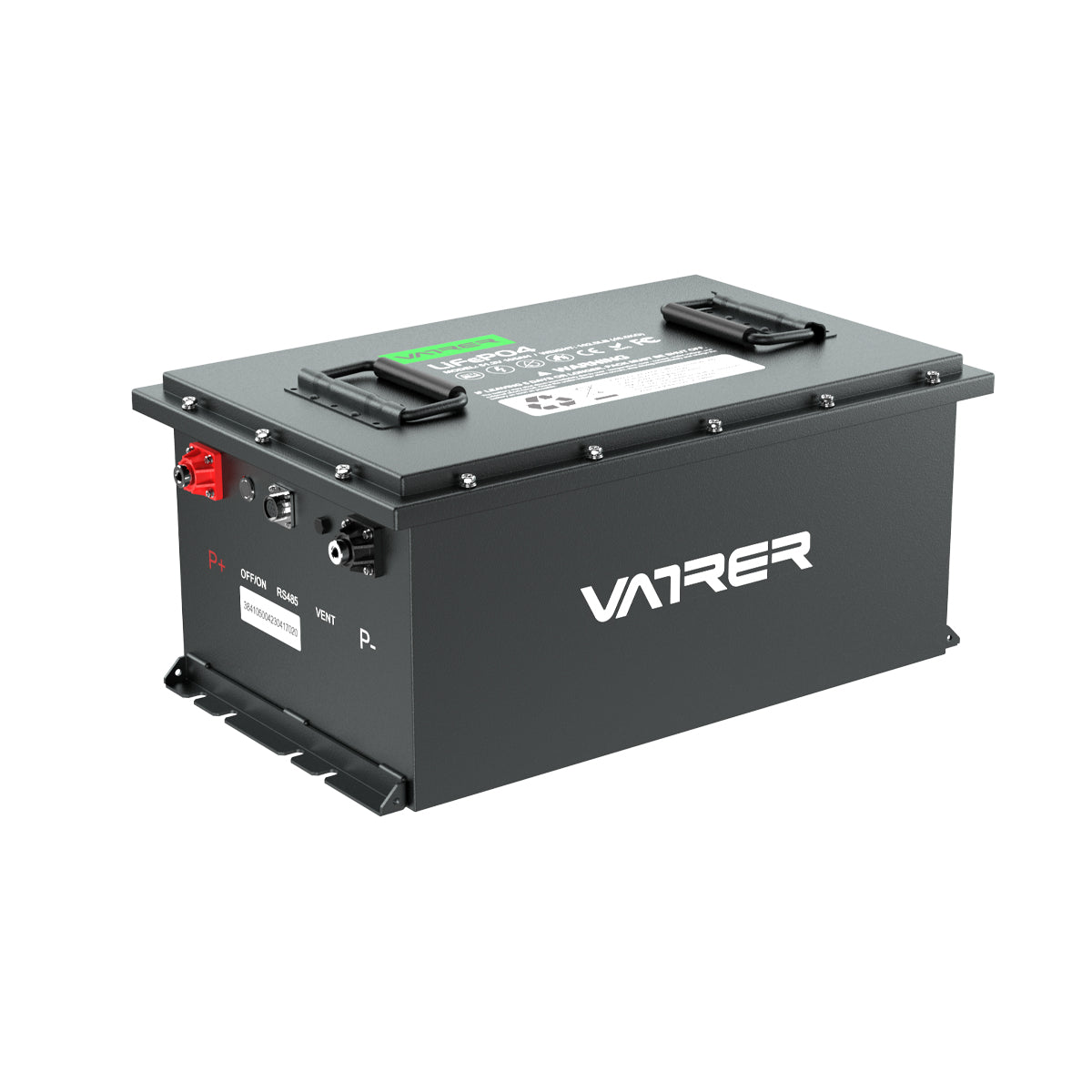
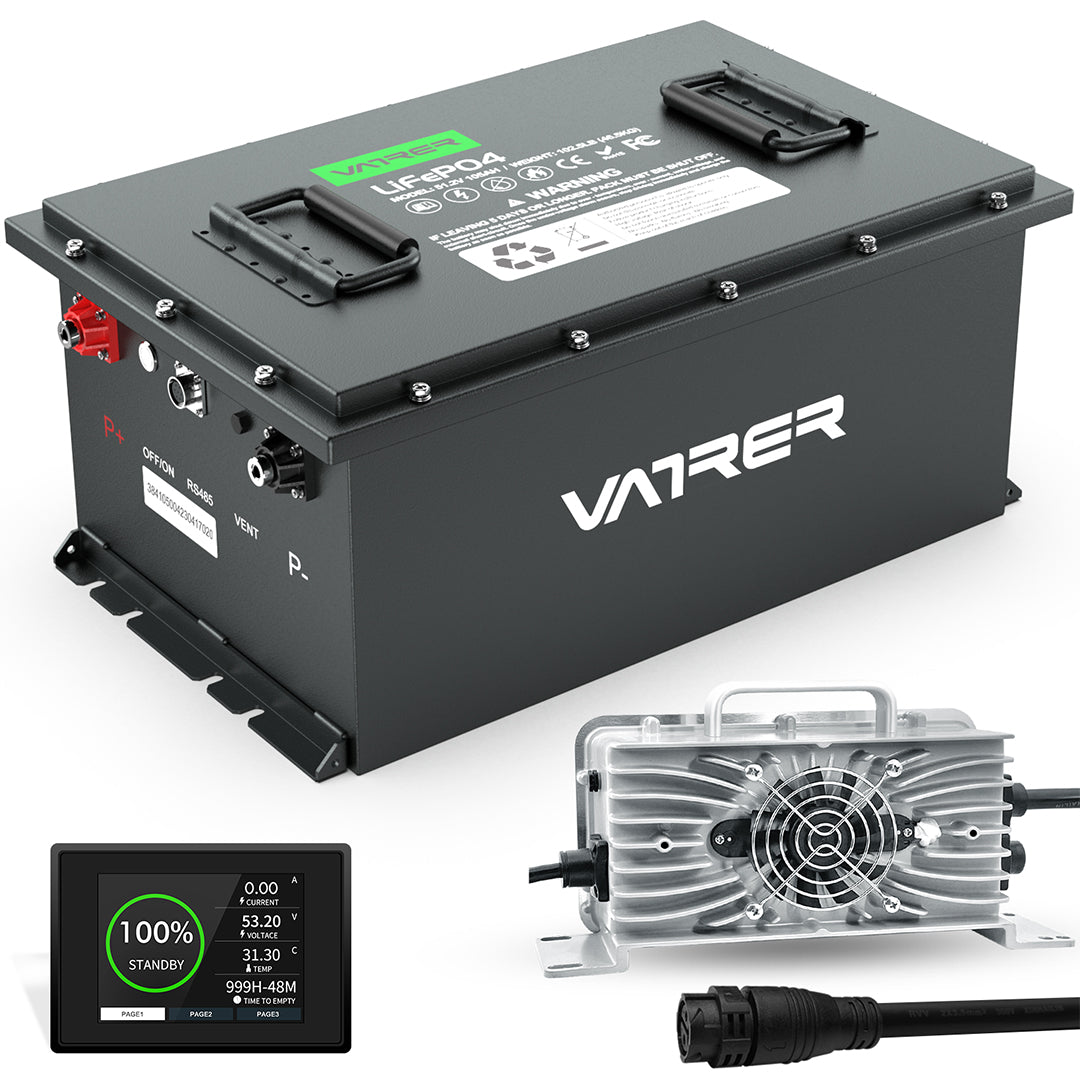
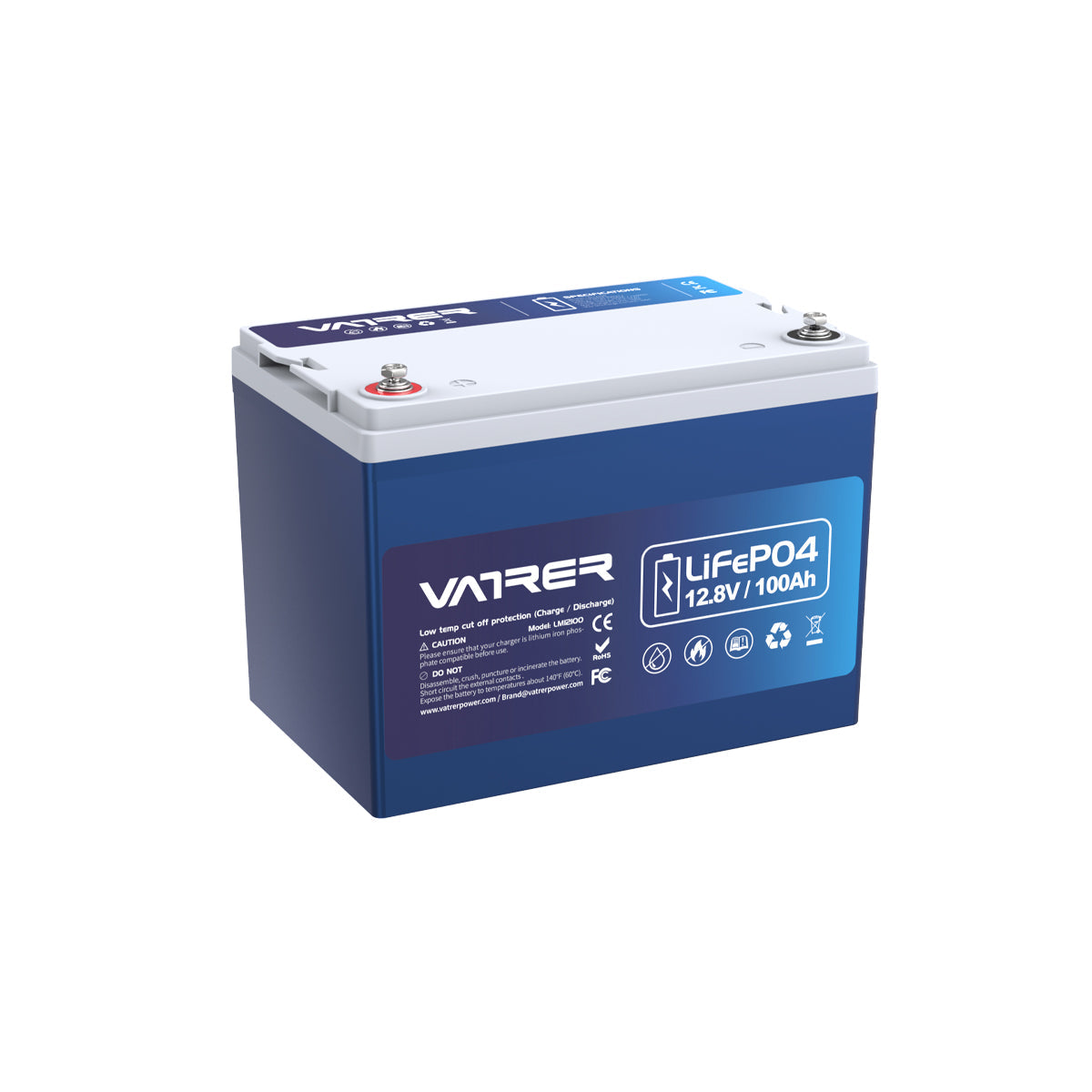
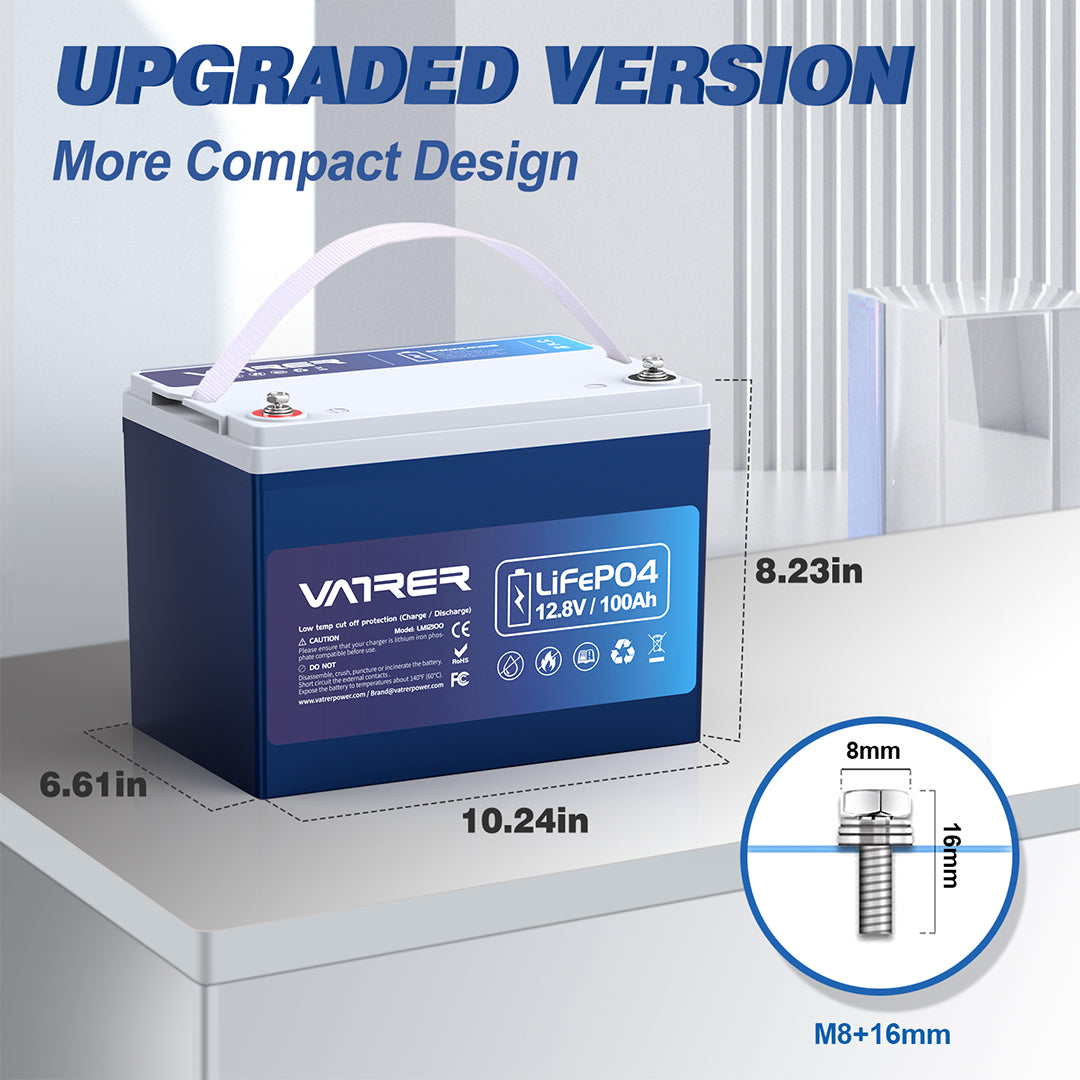

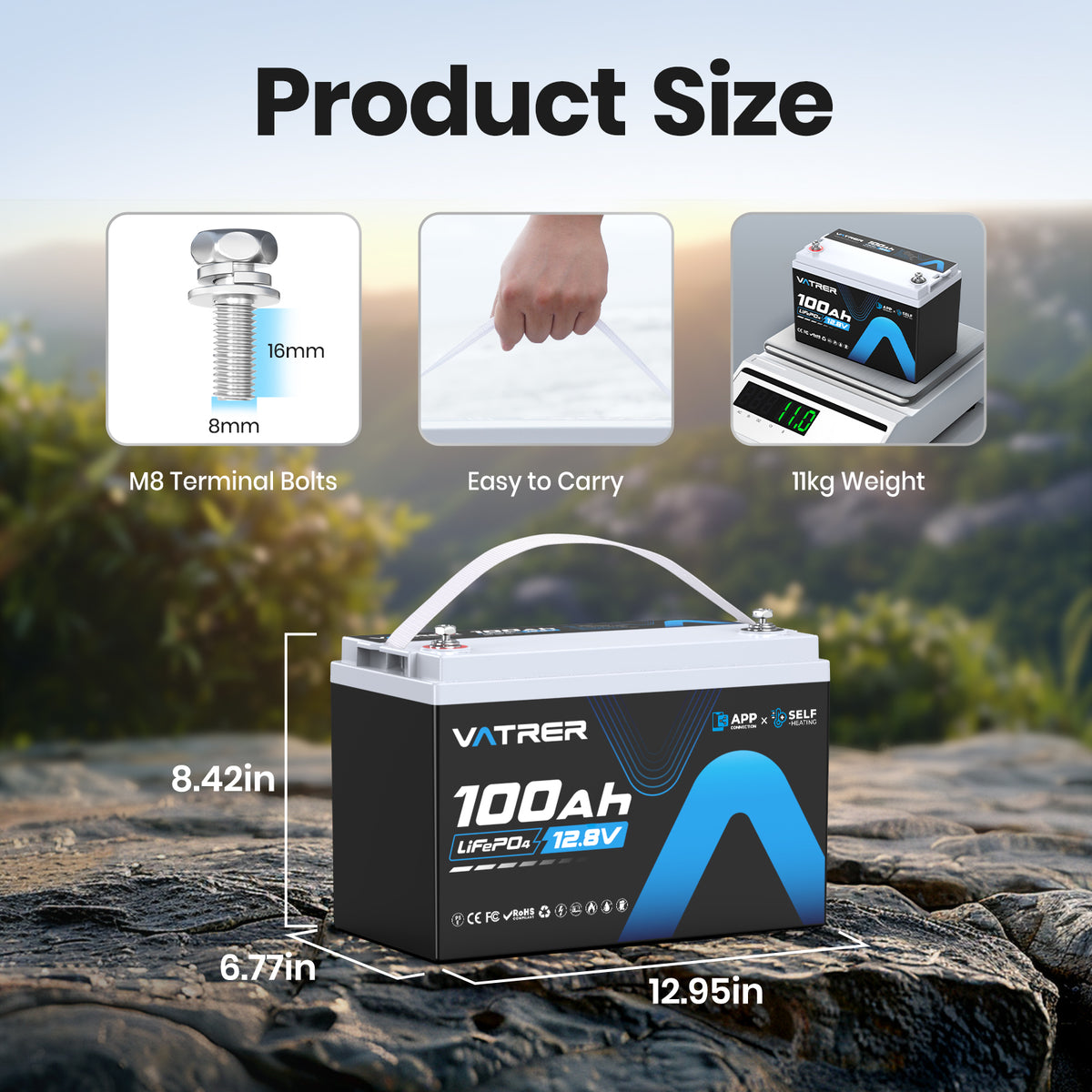
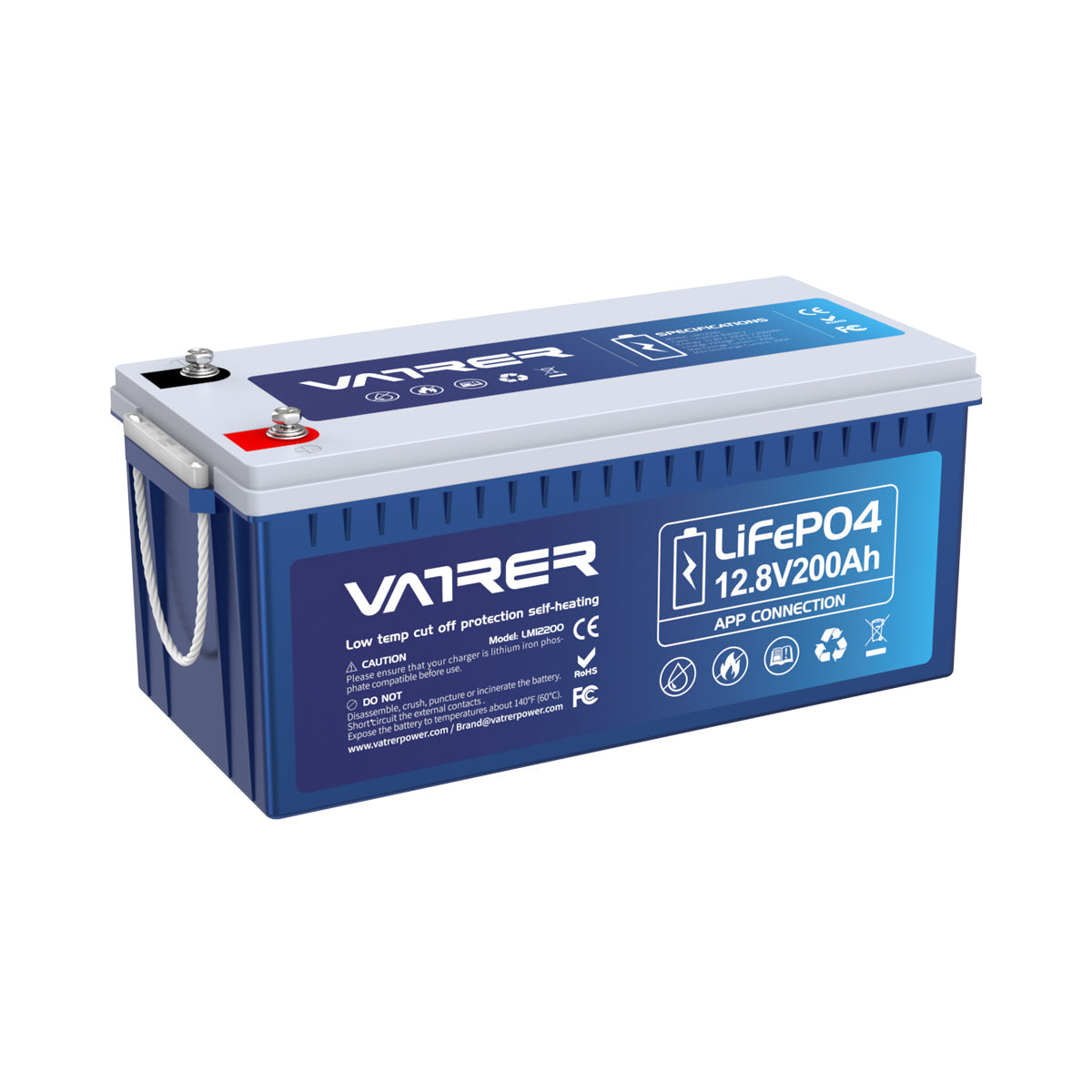
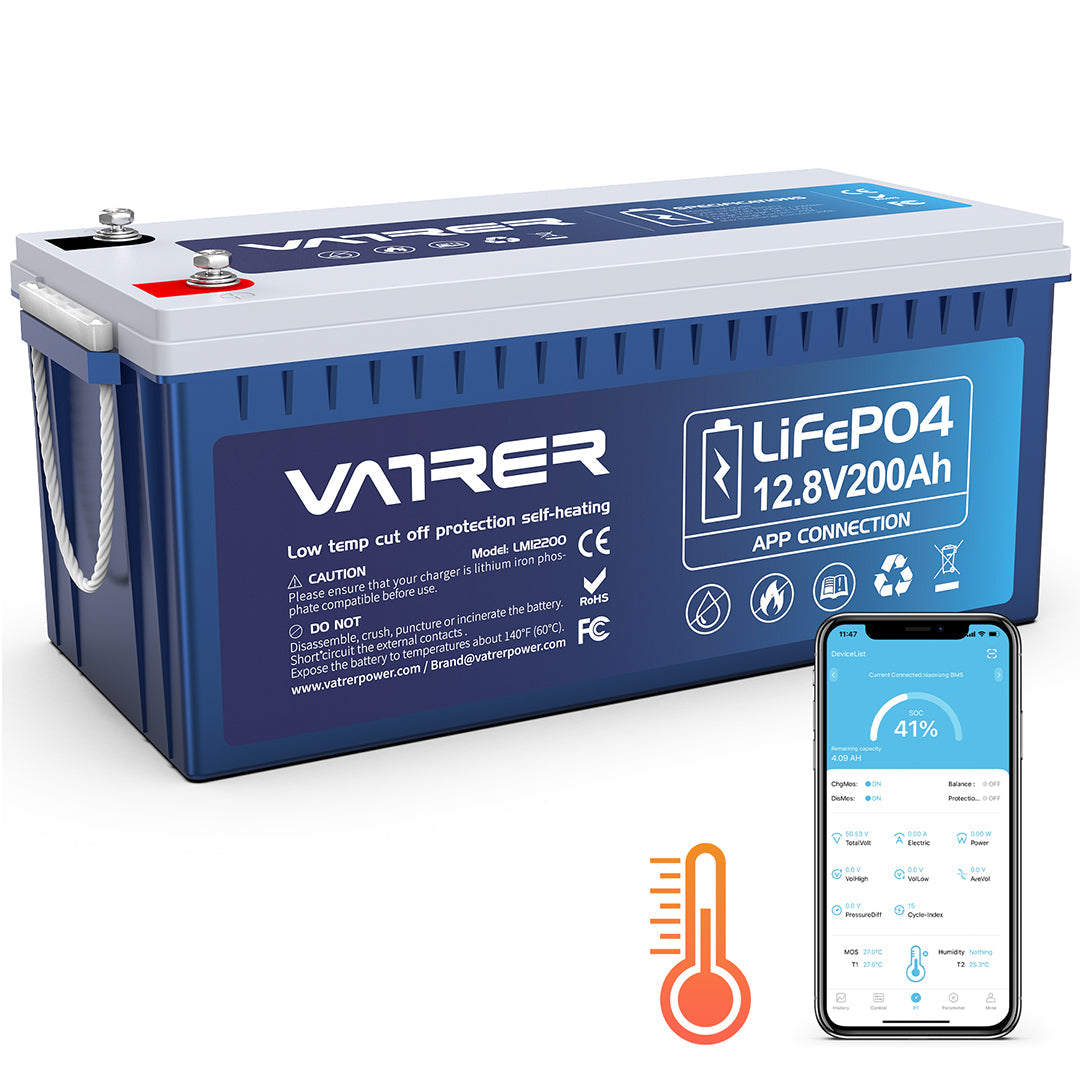
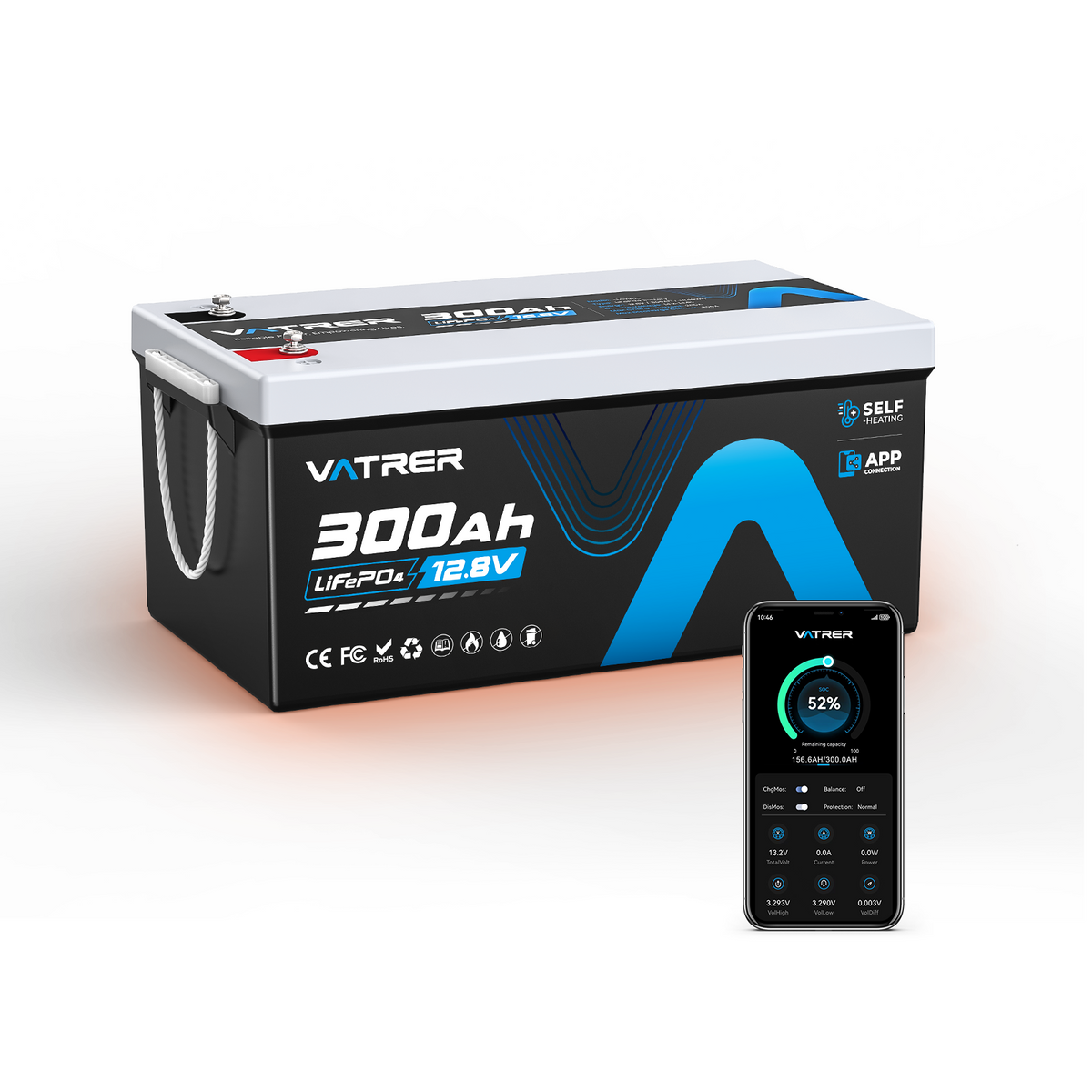
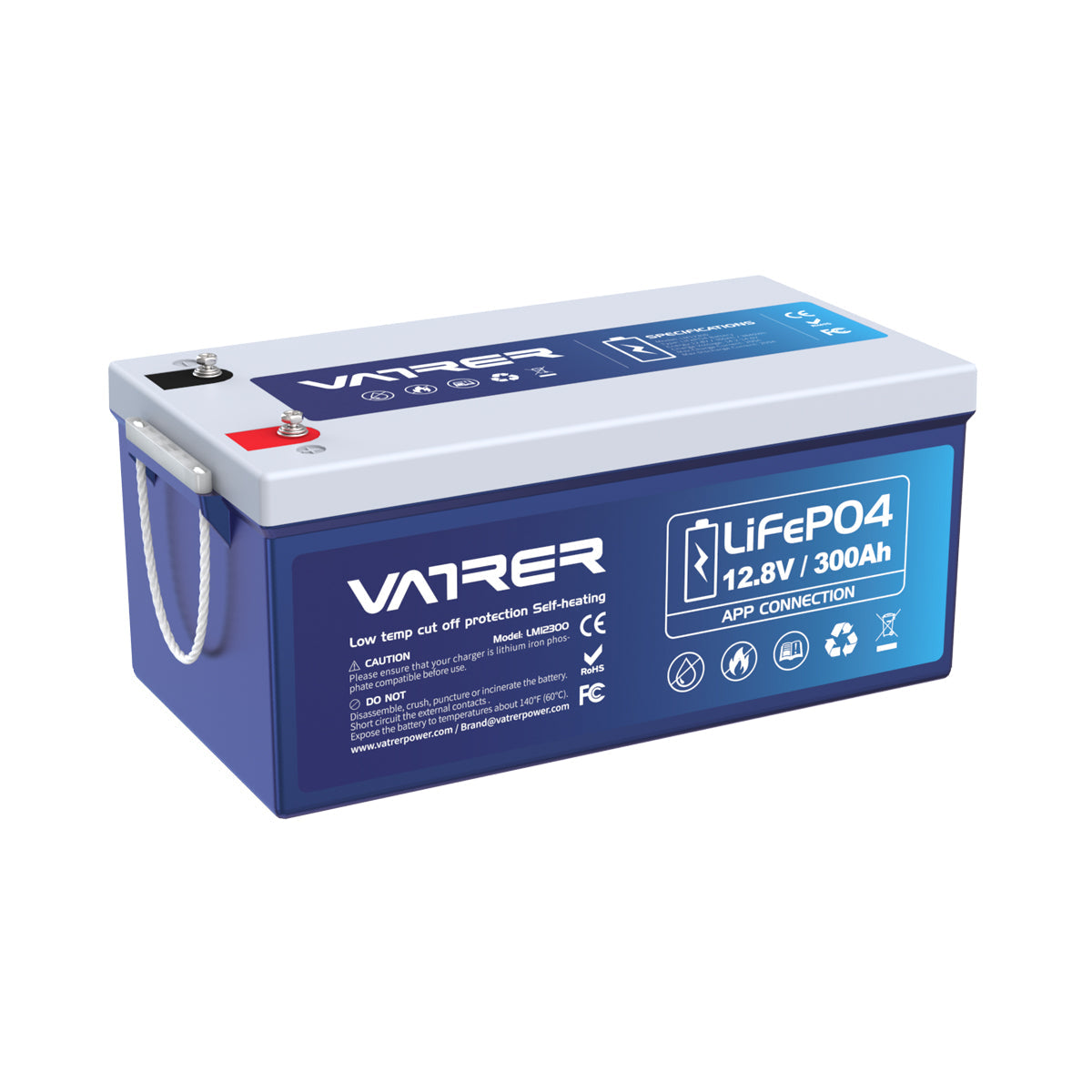

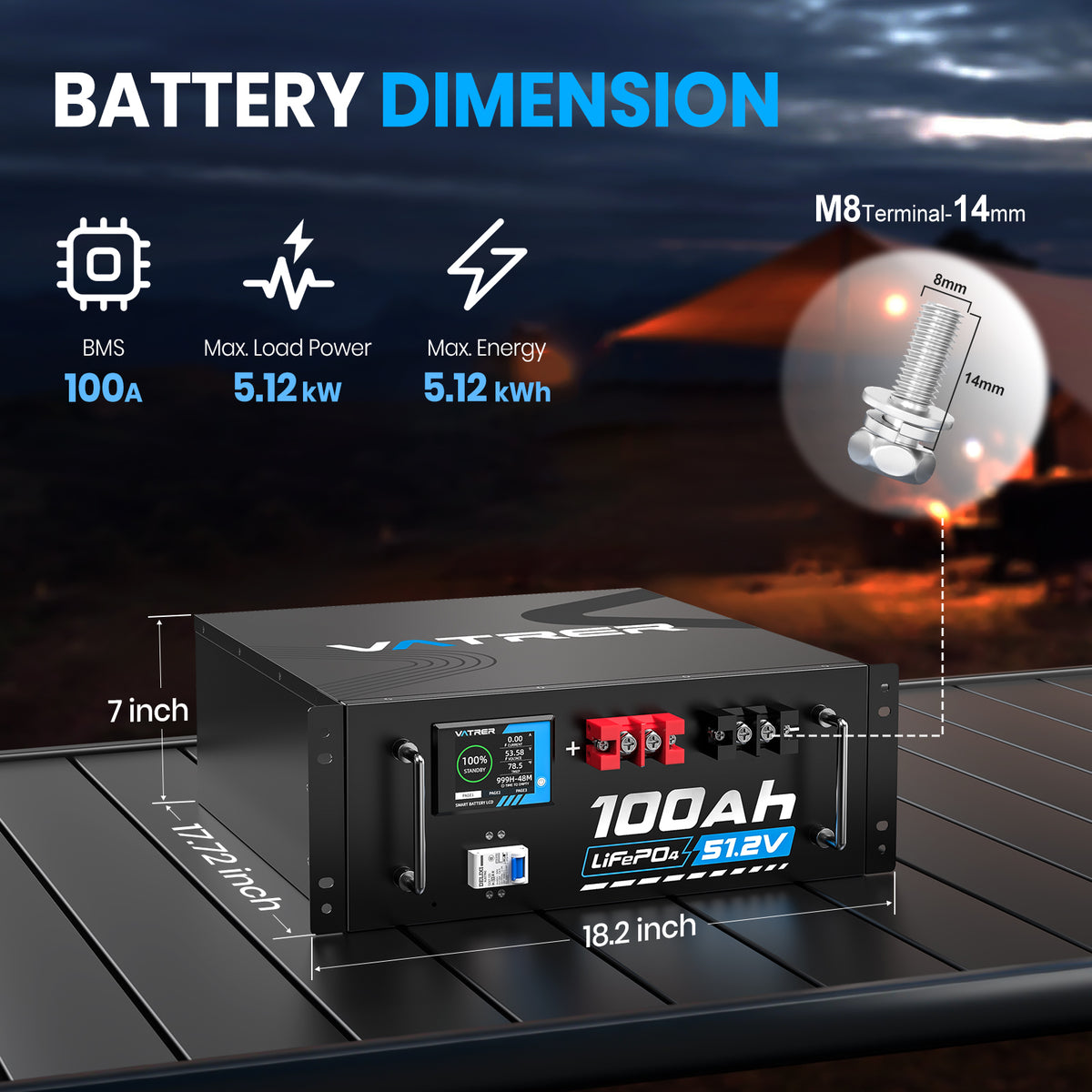
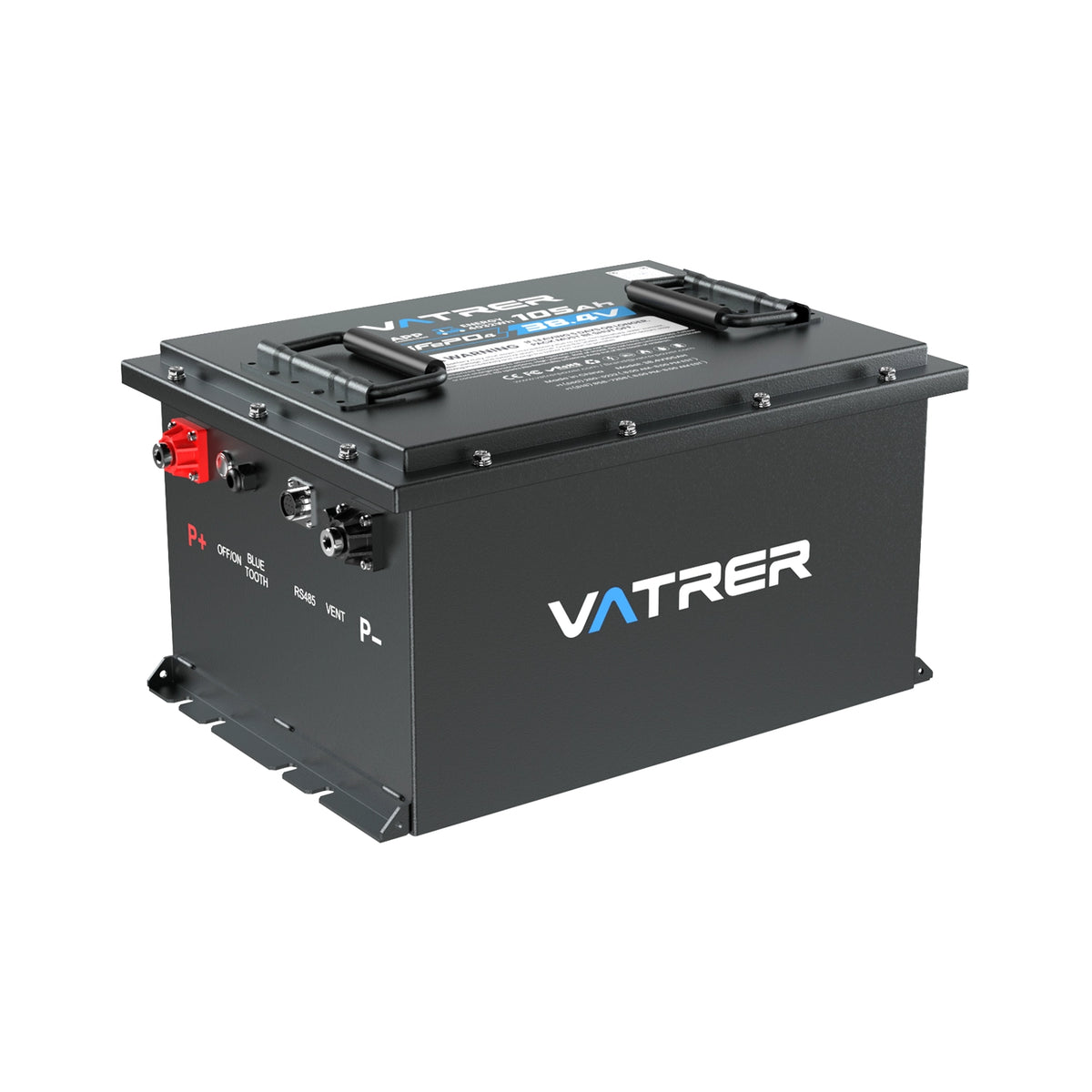
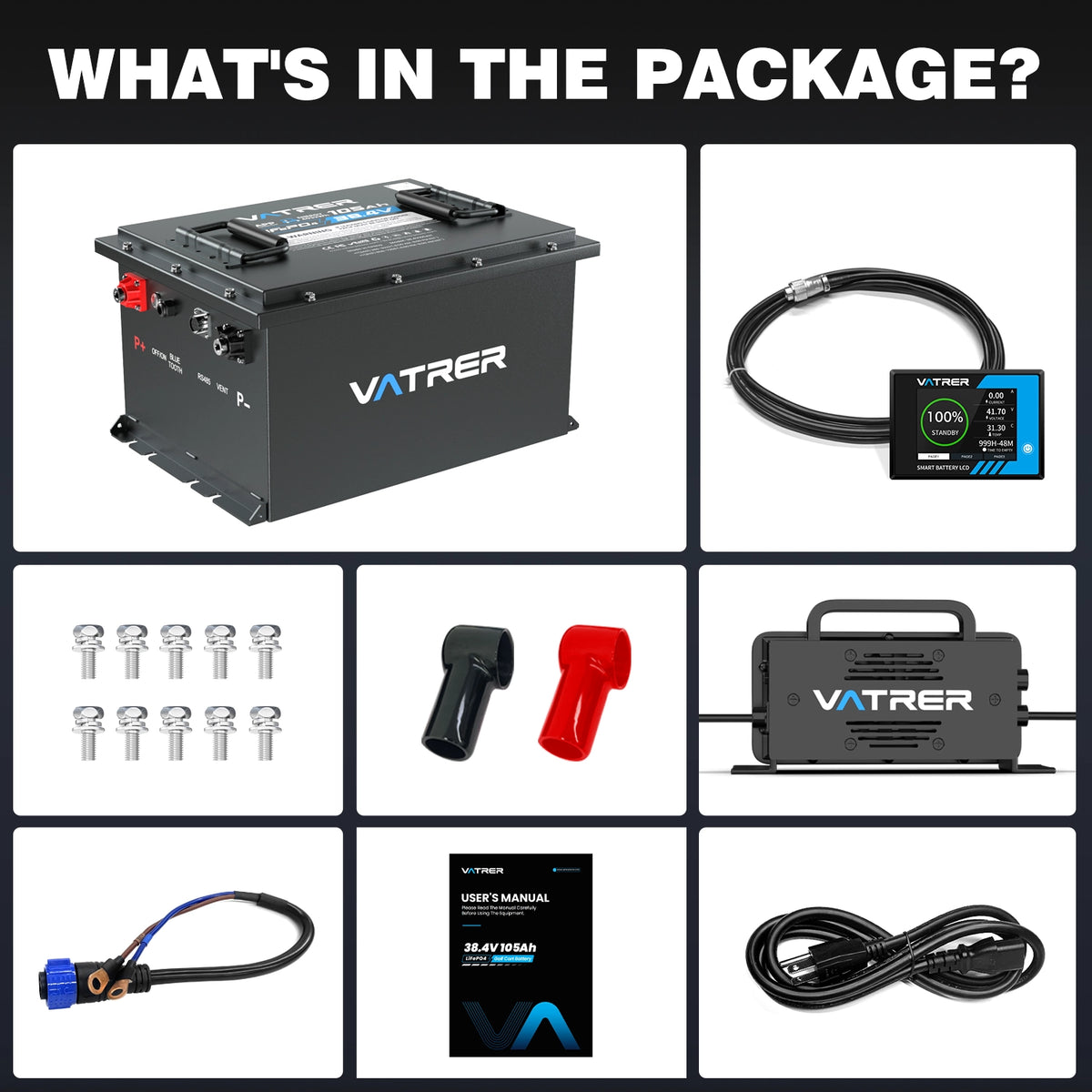
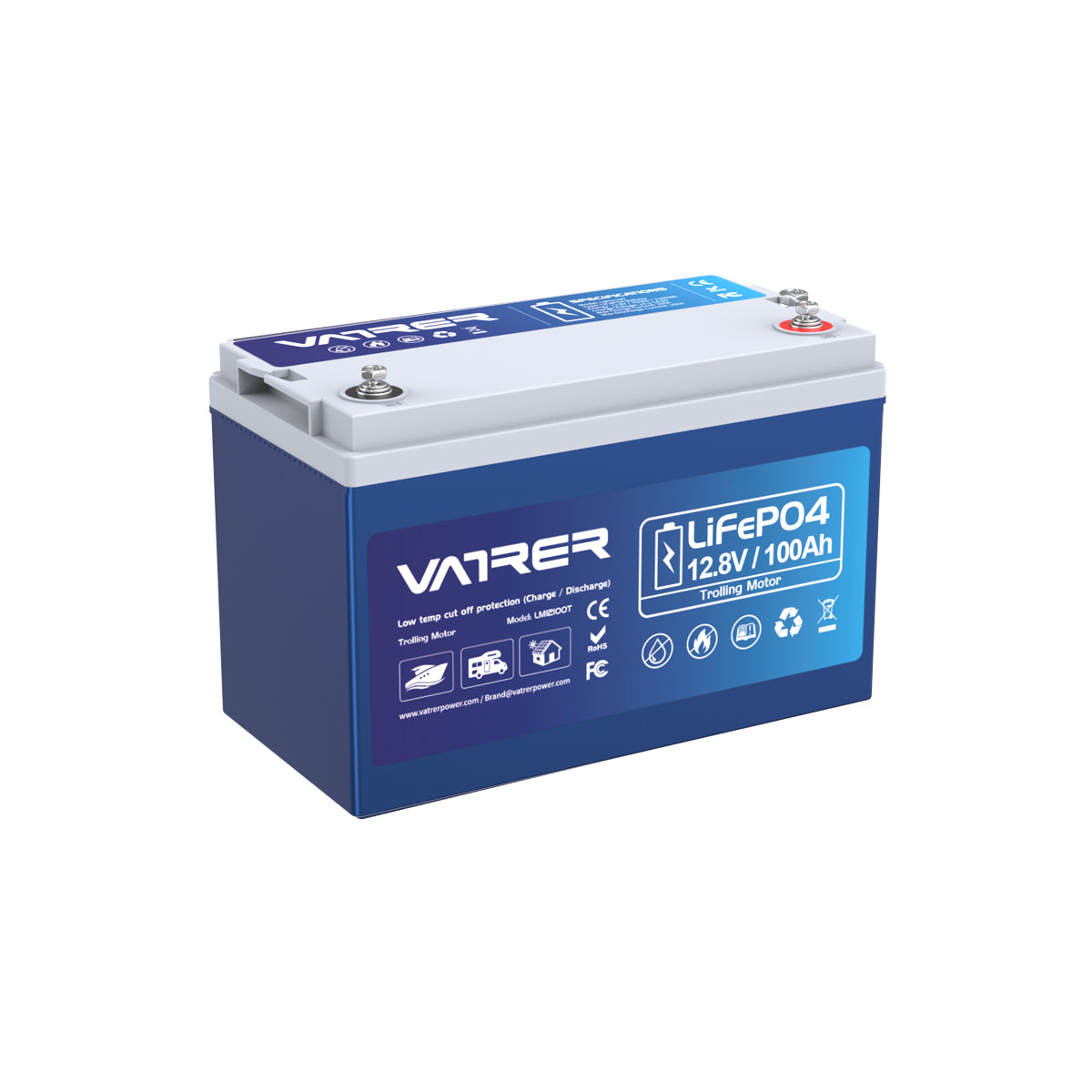
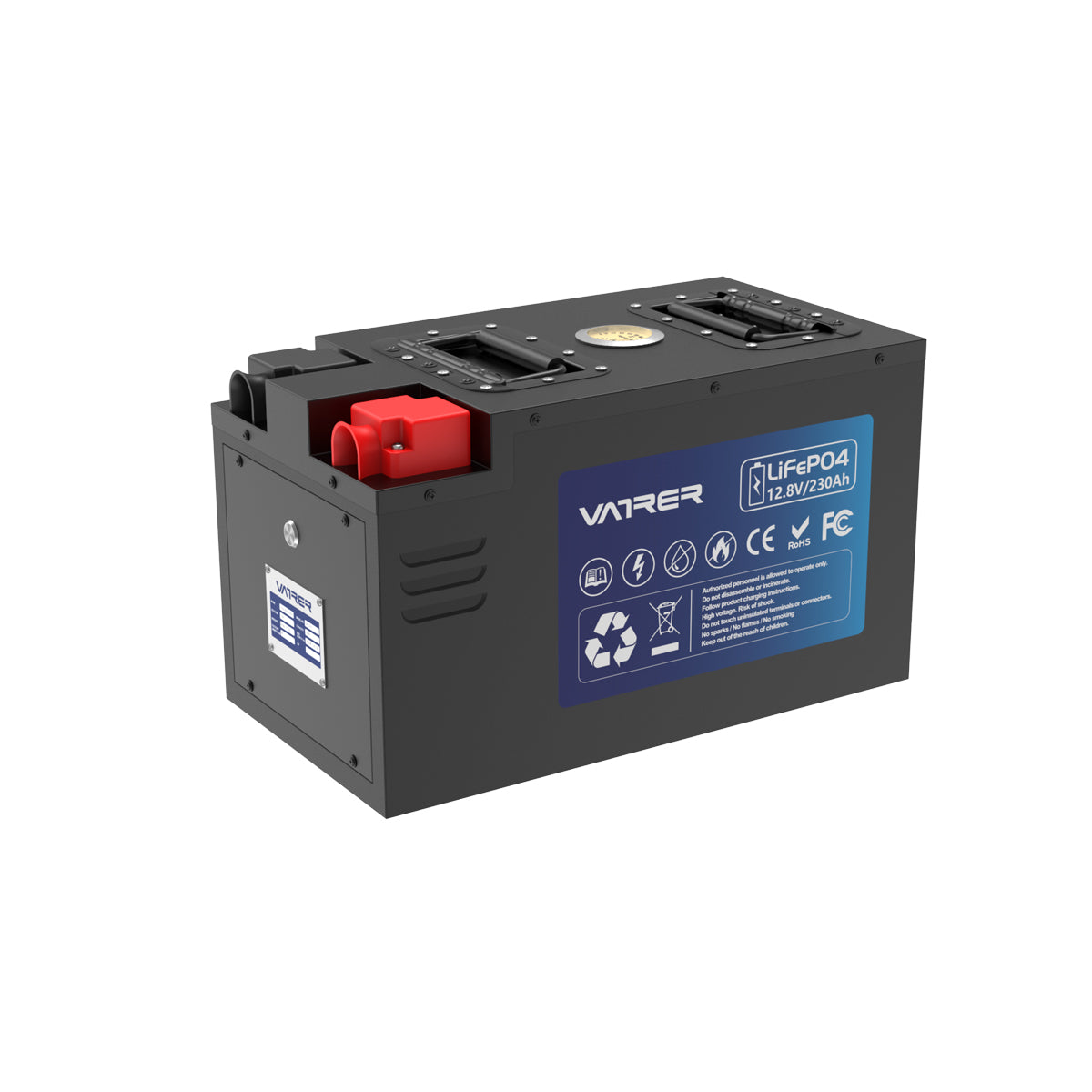
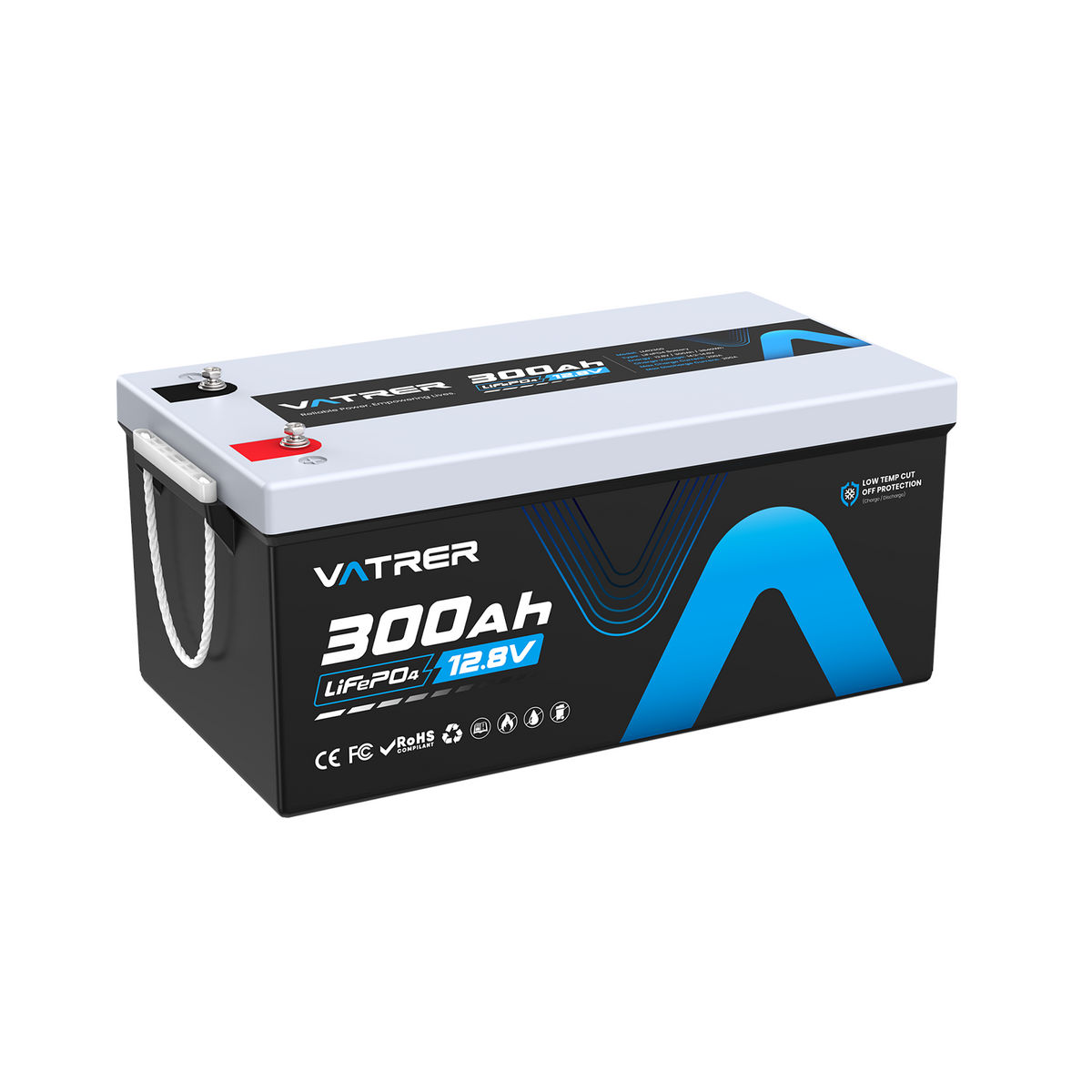
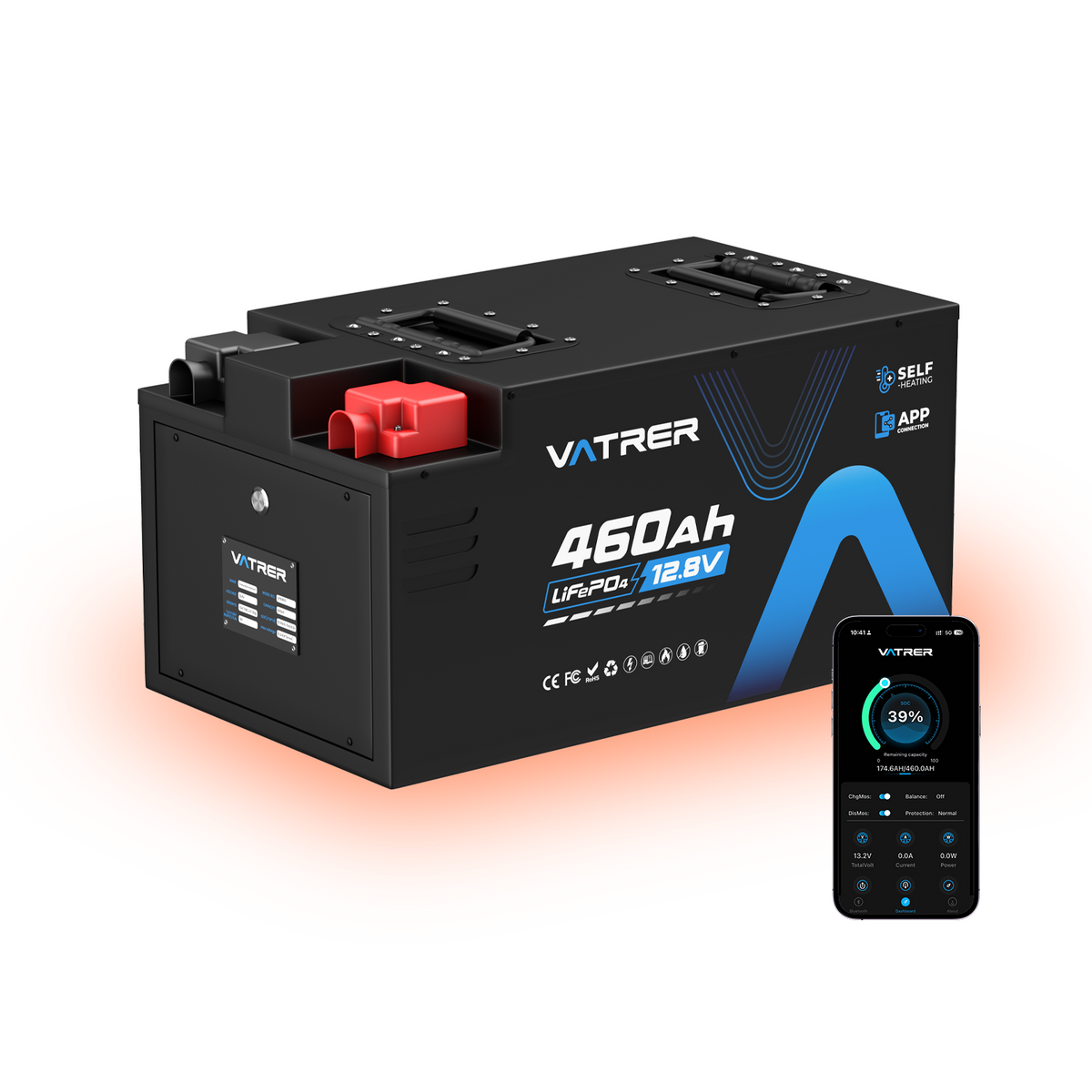

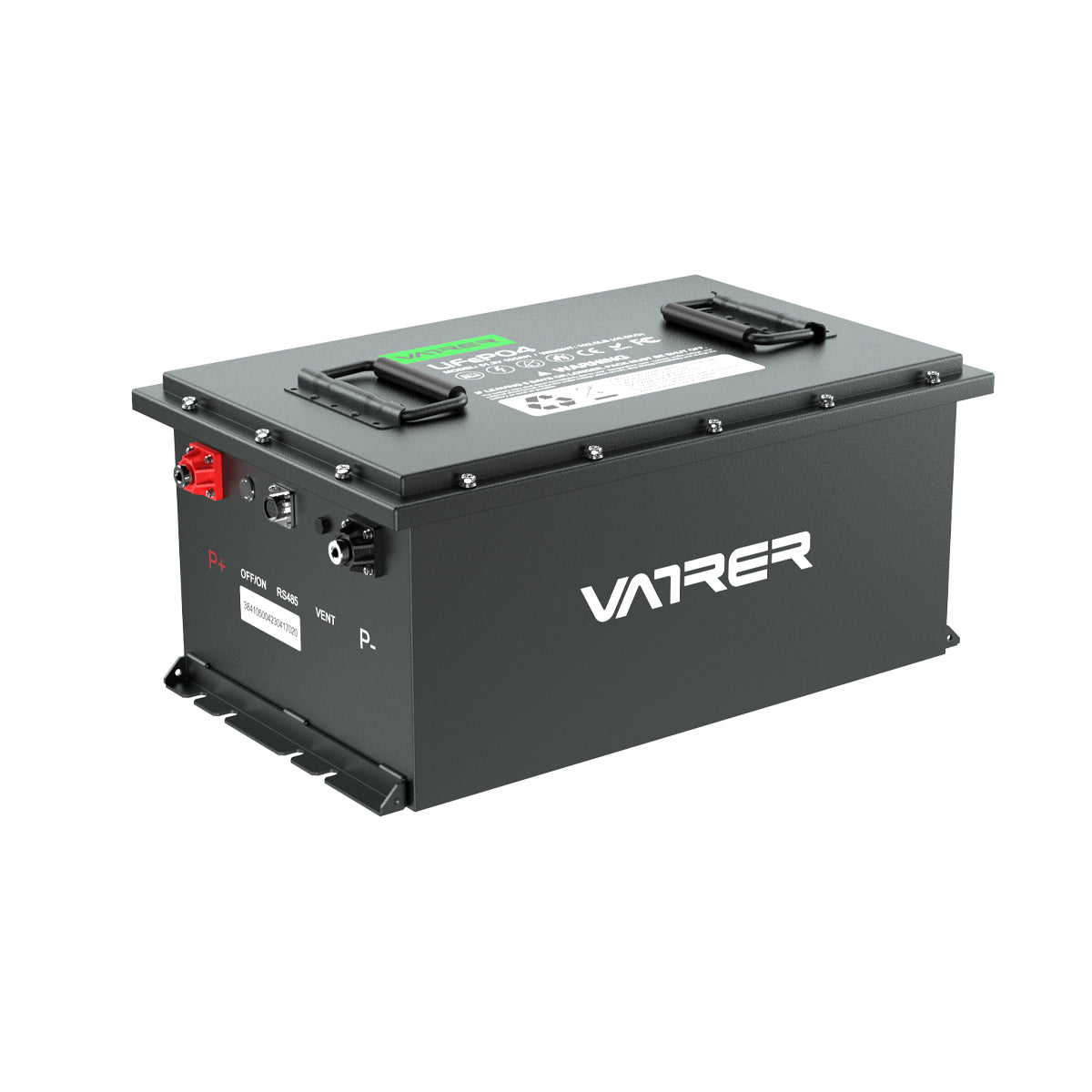
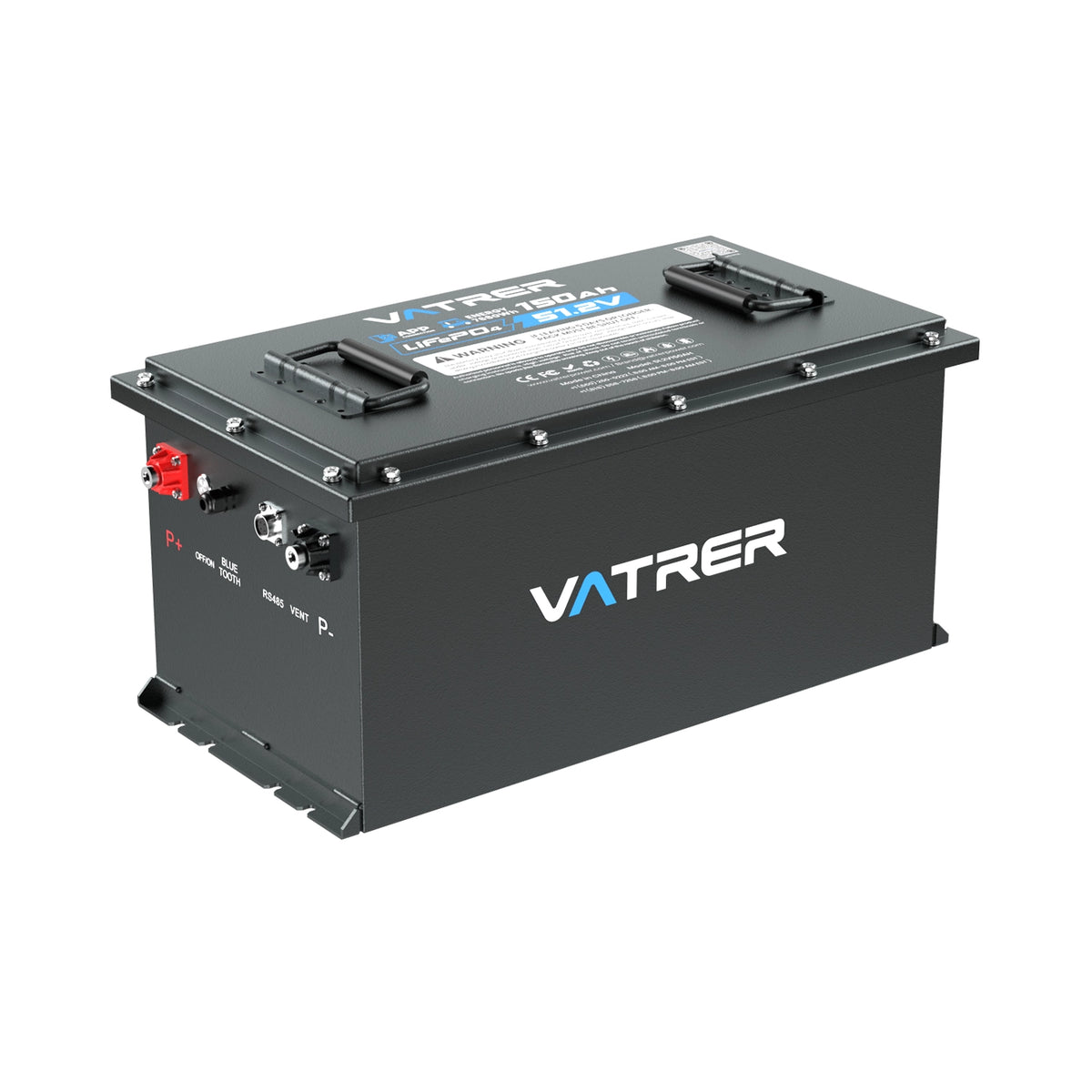
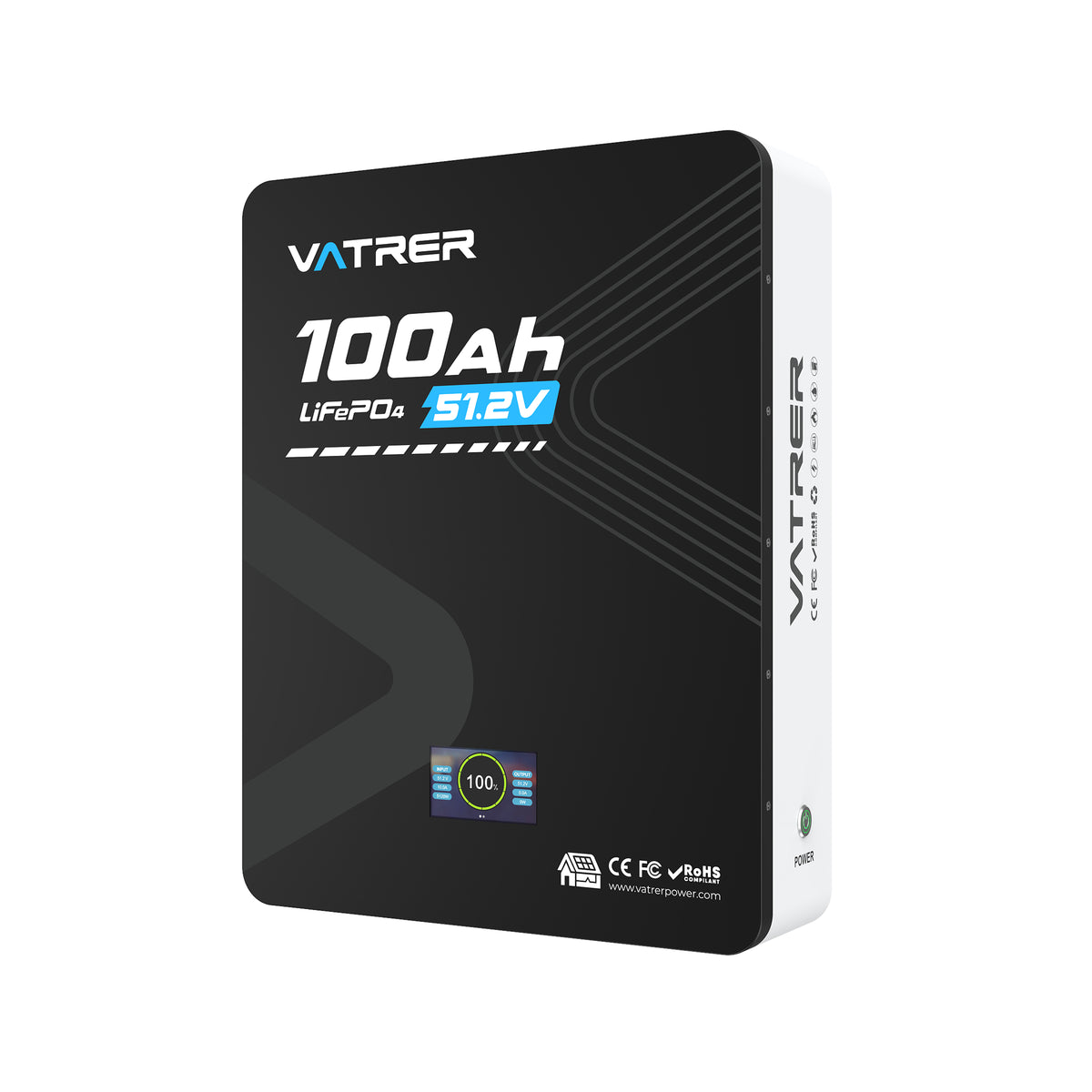
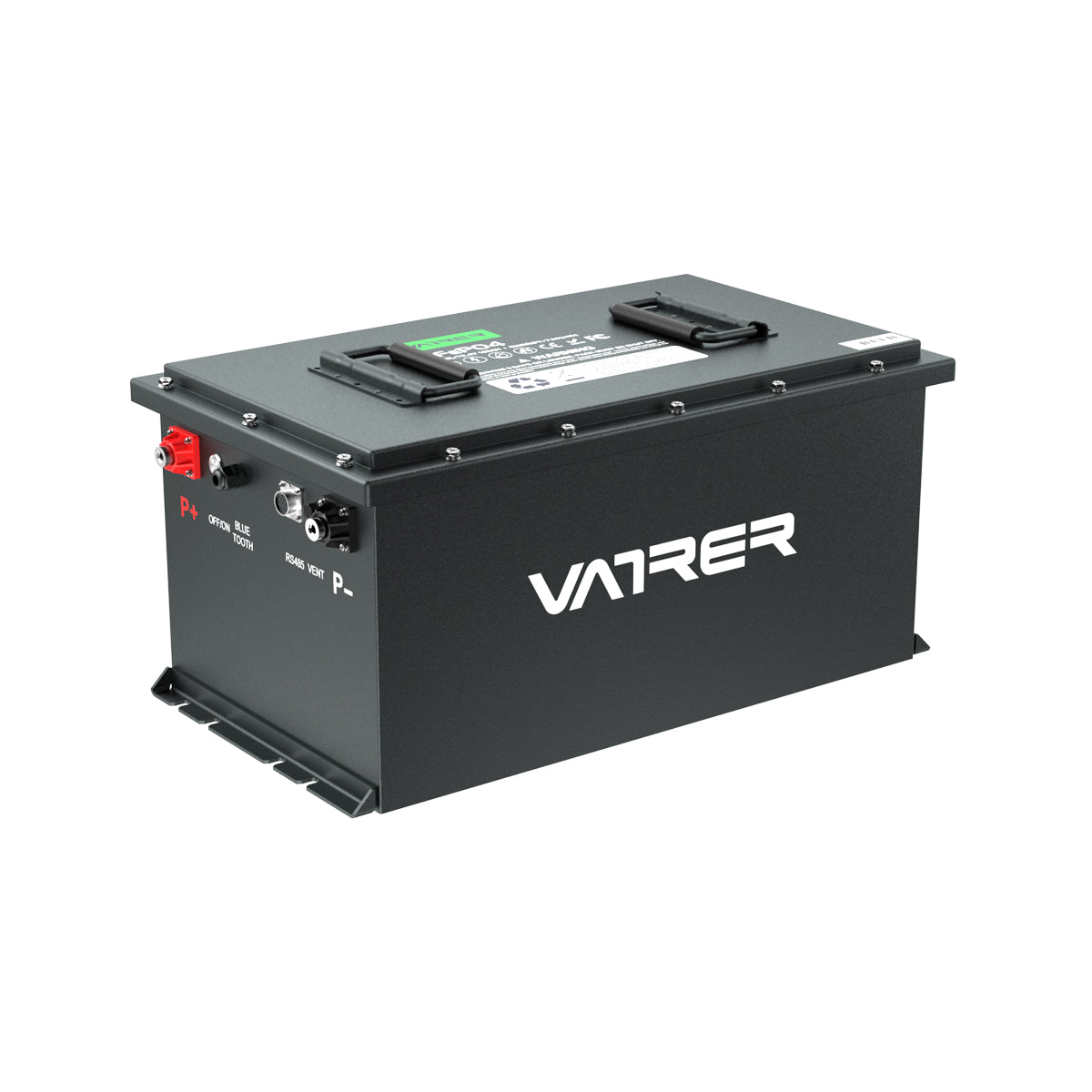


1 comment
John M. Hall
I just bought your 460ah battery. What charger is best for it?
I just bought your 460ah battery. What charger is best for it?